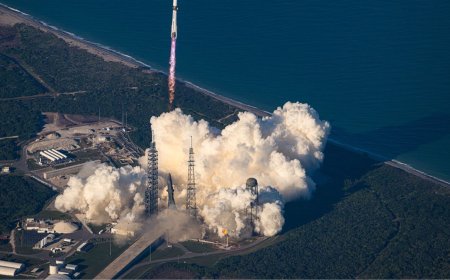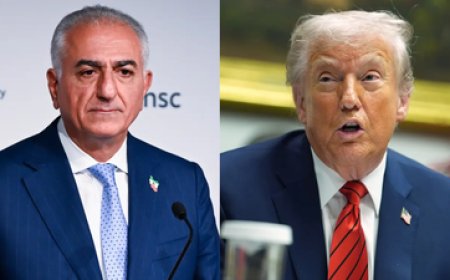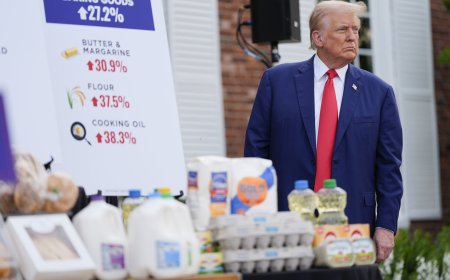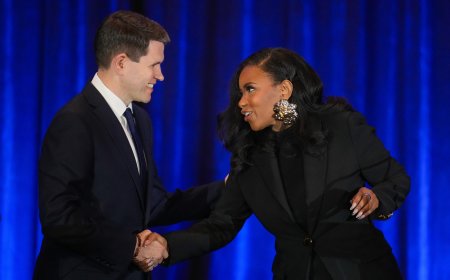Oil Forecasters Rush to Revise Outlooks as Israel-Iran Conflict Escalates

Crude oil analysts are in a rush to revise their forecasts in the wake of Israel’s attacks on Iran as geopolitics trumps fundamentals yet again.
“Oil could spike toward $80 if Middle East tensions escalate and supply risks materialize, but rising OPEC+ output may cap gains and revive oversupply concerns into autumn,” Saxo Markets chief investment strategist Charu Chanana said, as quoted by Bloomberg.
“A worst-case scenario — such as a closure of the Strait of Hormuz or a disruption to Iran’s 2.1 million barrels per day in exports — could have serious implications for global oil supply and inflation expectations,” Chanana added.
Iran has vowed “a harsh response” to the Israeli attacks. Per the latest news updates from Reuters, citing Israeli military sources, Iran launched more than 100 drones at Israel, after Israel targeted uranium enrichment facilities, ballistic missile factories and senior army commanders. The Iranian Revolutionary Guards corps has reported that its headquarters was hit by an Israeli missile and its top commander Hossein Salami was killed.
“Iran’s potential retaliation and blockage of the Straits of Hormuz can” threaten crude oil supplies, Rystad Energy’s head of commodity markets for oil, Mukesh Sahdev said. However, “given the stated US goal of negotiation, it is unlikely that the conflict will escalate into a full-blown war.”
Other analysts are guarded in their expectations of a full-blown war as well. Per Westpac’s head of commodity research Robert Rennie, Israel’s targeting of military facilities and commanders suggest the strikes are more of the pre-emptive kind and not the start of “a sustained military conflict”. The thing to watch, Rennie told Bloomberg, was Iran’s response.
“Risks going into the weekend are very high, and a push above the January highs for crude is very possible,” the analyst said.
The United States has sought to distance itself from the conflict, suggesting that this time it may not throw its full weight behind Israel as it seeks to negotiate with Iran, even though President Trump appeared unhappy about the progress of the talks earlier this week.
“We are not involved in strikes against Iran and our top priority is protecting American forces in the region,” Secretary of State Marco Rubio said in a statement. “Israel advised us that they believe this action was necessary for its self-defense.”
By Irina Slav for Oilprice.com














































